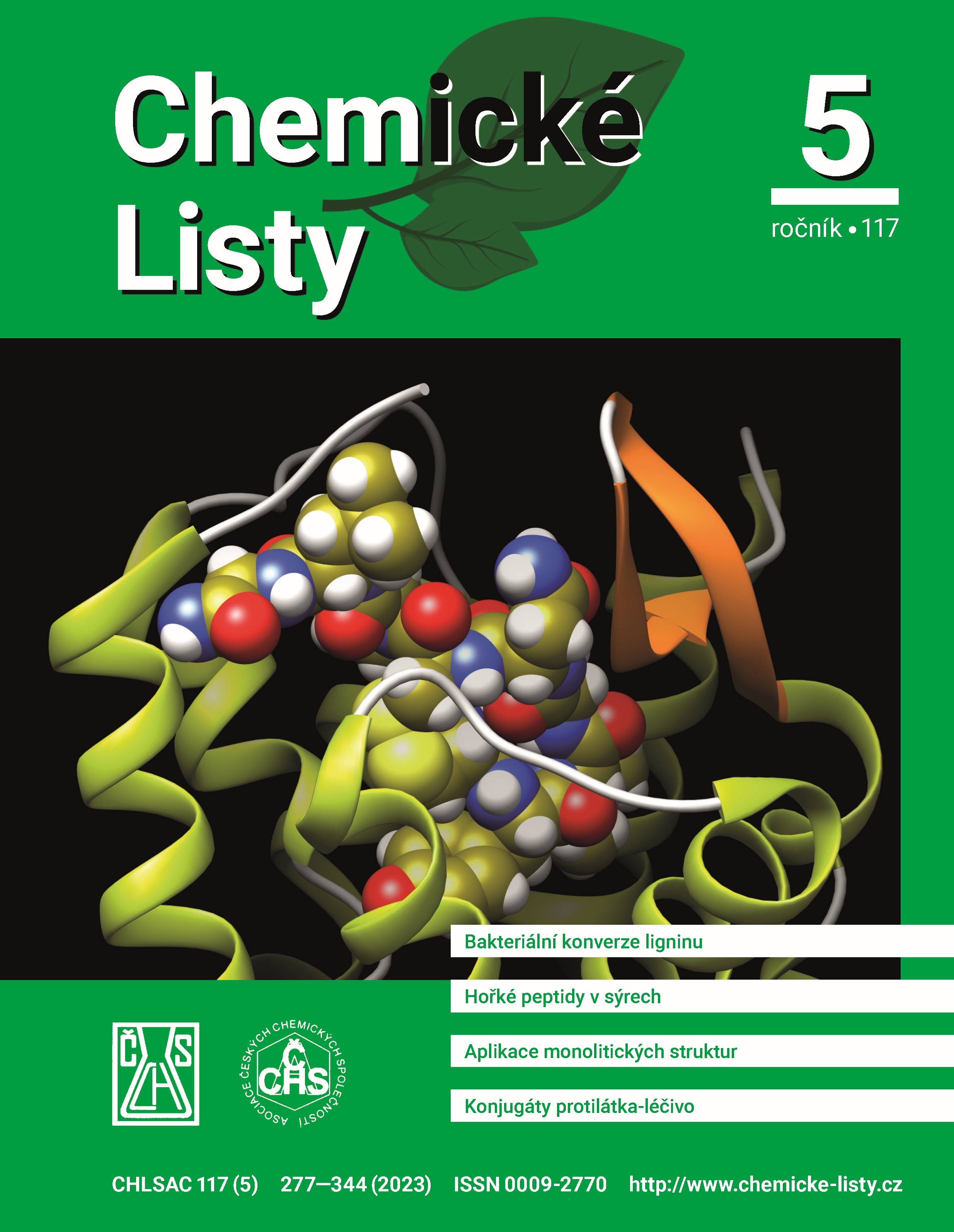The Problem of Bitter Peptides Formed in the Process of Cheese Ripening
DOI:
https://doi.org/10.54779/chl20230301Keywords:
bitter peptides, cheese ripening, casein proteolysis, bitter tasteAbstract
Bitter peptides are formed by the breakdown of proteins and high-molecular peptides during proteolysis. Their formation in cheeses is related to the proteolytic activity of rennet in balance with the peptidase activity of microbial enzymes of lactic acid bacteria. The bitter taste then arises when there is a disproportion between the formation and degradation of bitter peptides by increasing their concentration above the perception threshold. The extent to which bitter peptides affect the overall taste of cheese depends on the balance between their formation and breakdown to non-bitter lower peptides and amino acids. Only a perfectly balanced proteolysis process enables the creation of quality matured cheese with a characteristic taste and aroma. Therefore, a complete clarification of the mechanism is desirable, and thus also the possibility of control and regulation of this process.





